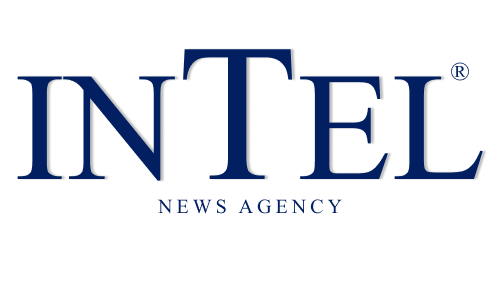The international training workshop on combating illicit trafficking in cultural property: documentation and preservation concluded in the Moroccan capital, Rabat.The workshop was organized by the Islamic World Educational, Scientific and Cultural Organization (ISESCO) and the Qatar National Library (QNL), in collaboration with the National Library of Morocco.The workshop issued a number of recommendations to enhance documentation efforts by developing comprehensive systems, establishing national databases, employing modern technologies in documentation, supporting international databases, and activating international agreements and security cooperation in this regard.The recommendations included implementing comprehensive awareness campaigns on the phenomenon of illicit trafficking in cultural property, involving youth and civil society in defining the importance of cultural heritage, enhancing capacity building and training by organizing training workshops for documentation workers, activating and updating the role of national legislation, tightening legal penalties in line with international agreements and standards, emphasizing the importance of encouraging funding and institutional support and involving the private sector, and developing emergency plans to protect cultural property during crises, by developing protection strategies during armed conflicts or natural disasters, and establishing rapid response teams.The workshop, over its various activities, addressed the most important international standards for documenting cultural property and discussed the role of documentation as a basic tool to combat illicit trafficking, and introduced the general rules for describing cultural property in museums.It also included specialized lectures by a number of experts and specialists in the field of heritage protection, hosted by the Moroccan National Library, on combating the phenomenon of counterfeiting cultural property, standards for documenting manuscripts and rare books, and mechanisms for collecting and documenting descriptive data.

